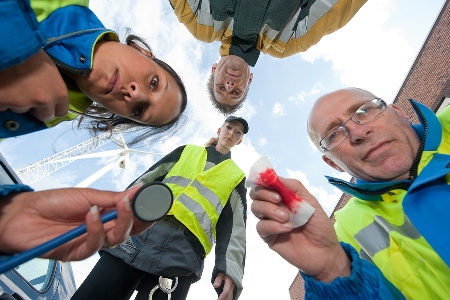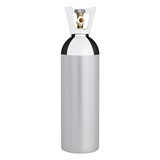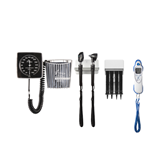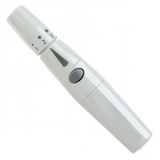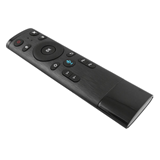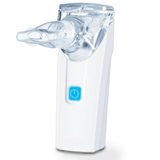For this reason, portable medical devices can help to detect issues and guide treatments directly from the scene of the accident.
Suction pump
In an emergency situation, clearing the airways of the patient is the initial step of management, to remove any obstructions and allow the passageway to breathe.
A portable suction pump can help to clear the airways by suctioning the mouth, throat and respiratory passageways to remove any obstructions in the area. Most devices have various power levels to cater for different individuals; lower suction capacity is required in children in comparison to large adults.
Defibrillator
Defibrillation is an essential component of remote accident services due to its irreplaceable role in restoring normal rhythm of the heart after a cardiovascular event.
It uses paddles or pads to deliver a brief electric shock to the chest area, prompting the cardiac muscles to recommence working and pumping blood around the body. A defibrillator should be used as soon as possible when required to limit damages to the body, making its use as a portable device in remote services necessary.
Fluid Resuscitation
Patients that have suffered significant trauma and shock often require an infusion of fluids as a component of their management plan.
A portable infusion pump is a miniature device that allows the intravenous infusion of fluids in an emergency situation. The fluid delivery can be controlled at the desired rate and is able to detect resistance and occlusion of the vascular system, helping to avoid treatment complications.
Vital Signs Monitor
It is essential to monitor the vital signs and progress of a patient in remote emergency care, which can easily be done with a portable vital signs monitor.
Of particular importance, the best monitor should provide information about blood pressure, cardiac rhythm, respiration and body temperature. There are various models available that vary in size, features, precision and price, to meet the needs of every service.
Handheld Brain Scanner
For head injuries that occur in a remote area, a portable handheld scanner can help to provide valuable information about the severity of the damage and guide therapeutic decisions.
It uses near-infrared (NIR) technology to screen for intracranial bleeding in patients and helps to identify those that require immediate neurosurgical intervention or further investigation with a computed tomography (CT) scan. This offers the benefit of early detection, leading to reduced damage to the brain tissue and improved overall outcomes for the patient.

